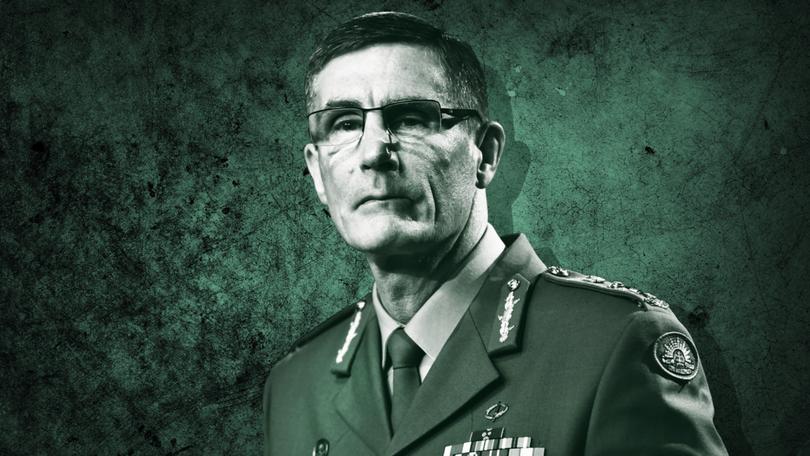EDITORIAL: Business as usual won’t cut it in Australian Defence Force’s new era
EDITORIAL: There can be no more telling indicator of how far morale in the Australian Defence Force has fallen than the fact some servicemen and women say they would discourage their children from joining.

There can be no more telling indicator of just how far morale in the Australian Defence Force has fallen than the fact that some servicemen and women say they would discourage their own children from joining up.
For generations, having a son or daughter follow in their footsteps was one of the proudest achievements for ADF personnel. Not any longer.
One fourth-generation defence member spoke of their fear their child could be needlessly killed through the failure of a “low-ability office”, should they join.
Sign up to The Nightly's newsletters.
Get the first look at the digital newspaper, curated daily stories and breaking headlines delivered to your inbox.
By continuing you agree to our Terms and Privacy Policy.“If you’re under poor command, that costs people’s lives. This is the highest stakes game there is,” the serving member said.
It is a symptom of the trust crisis that has spread like cancer through the ADF.
Enlisted personnel don’t trust the officers above them. Top brass don’t trust bright young officers. And bright young officers find themselves frustrated, disillusioned, and forced to look elsewhere for a challenge.
It’s a situation that has led despondent diggers to describe the ADF’s culture and capacity as being at its “worst ever” level.
It means that Admiral David Johnston, who took over from General Angus Campbell as ADF Chief on Wednesday, has a gargantuan task ahead of him.
He must not only win the trust and address the significant concerns of currently serving members, but he must also convince a new generation, with more career options available to them than at any point in history that the ADF remains an employer of which to be proud. And he must do that while plugging the ADF’s technological and capability gaps which threaten to leave the nation militarily exposed during a time of heightened security tensions around the world.
It’s a big ask.
Already, some are questioning whether he’s the right man for the job. After all, he has been General Campbell’s second-in-command for six years. that could mean a smooth transition.
Or, it could mean even more or not nearly enough.
It’s clear business as usual in the top-heavy ADF won’t do the job.
In his departing address on Wednesday, General Campbell, who has been at the helm of the force during times of great internal tensions, including through the Brereton inquiry into allegations of war crimes by SAS soldiers in Afghanistan, acknowledged that the ADF was “deeply flawed and imperfect” but maintained he handed it over in better shape than it was when he inherited it.
“We are prepared to see ourselves, to learn, and to improve. Indeed, if nothing else, I would claim the ADF is a truly learning organisation,” he said.
In his retirement, General Campbell may still find himself learning some lessons, given the Royal Commission into Veteran and Defence Suicide is set to deliver its final report in September.
In the meantime, a group of dozens of Australian Defence Force personnel — both retired and serving — have written to Defence Minister Richard Marles with a request to strip General Campbell of his distinguished service cross received in 2012 for his “distinguished command and leadership in action” during his command in Afghanistan, claiming he never actually saw “action” during that conflict.
Let’s hope their lessons the force takes on board.
